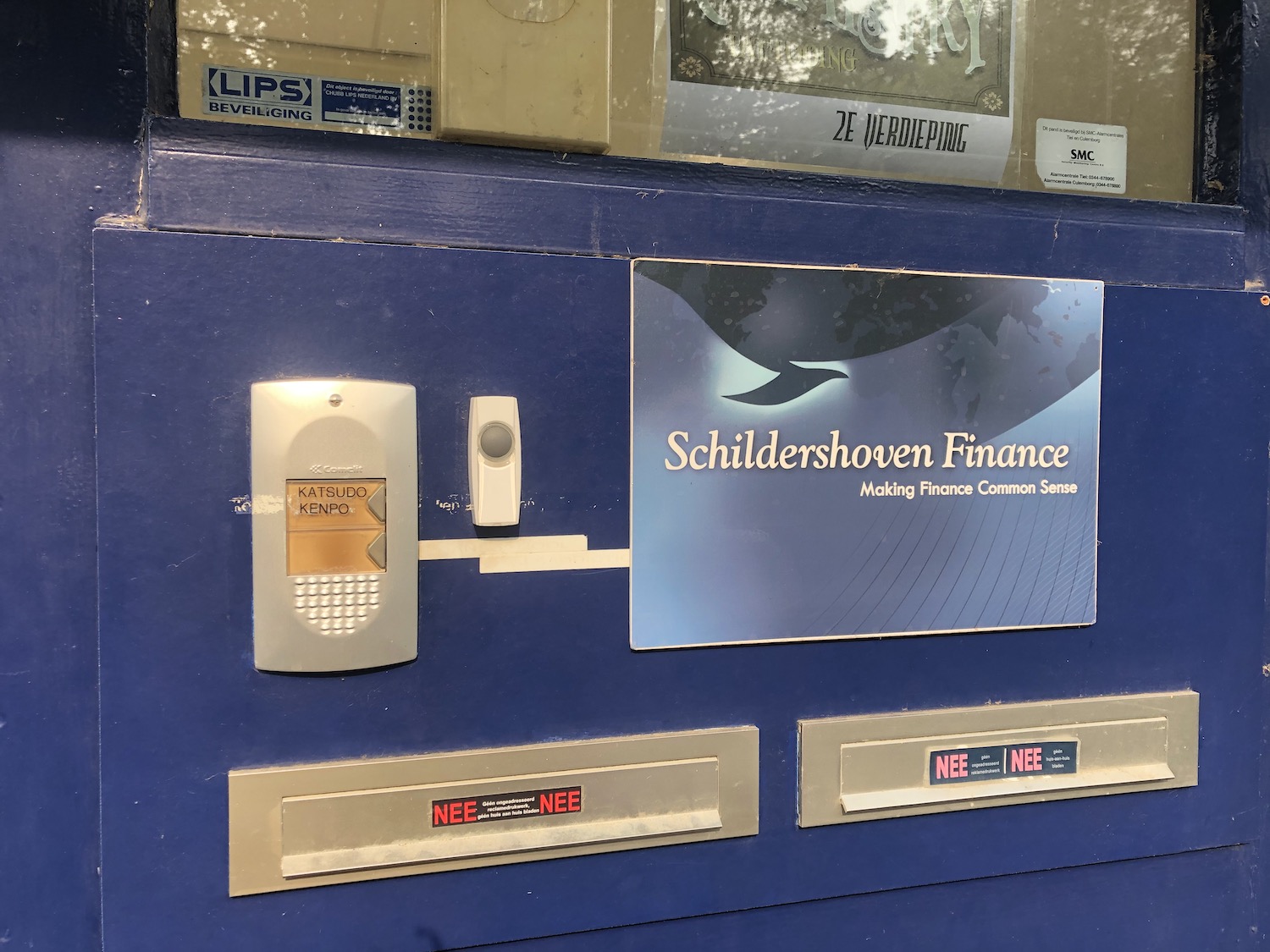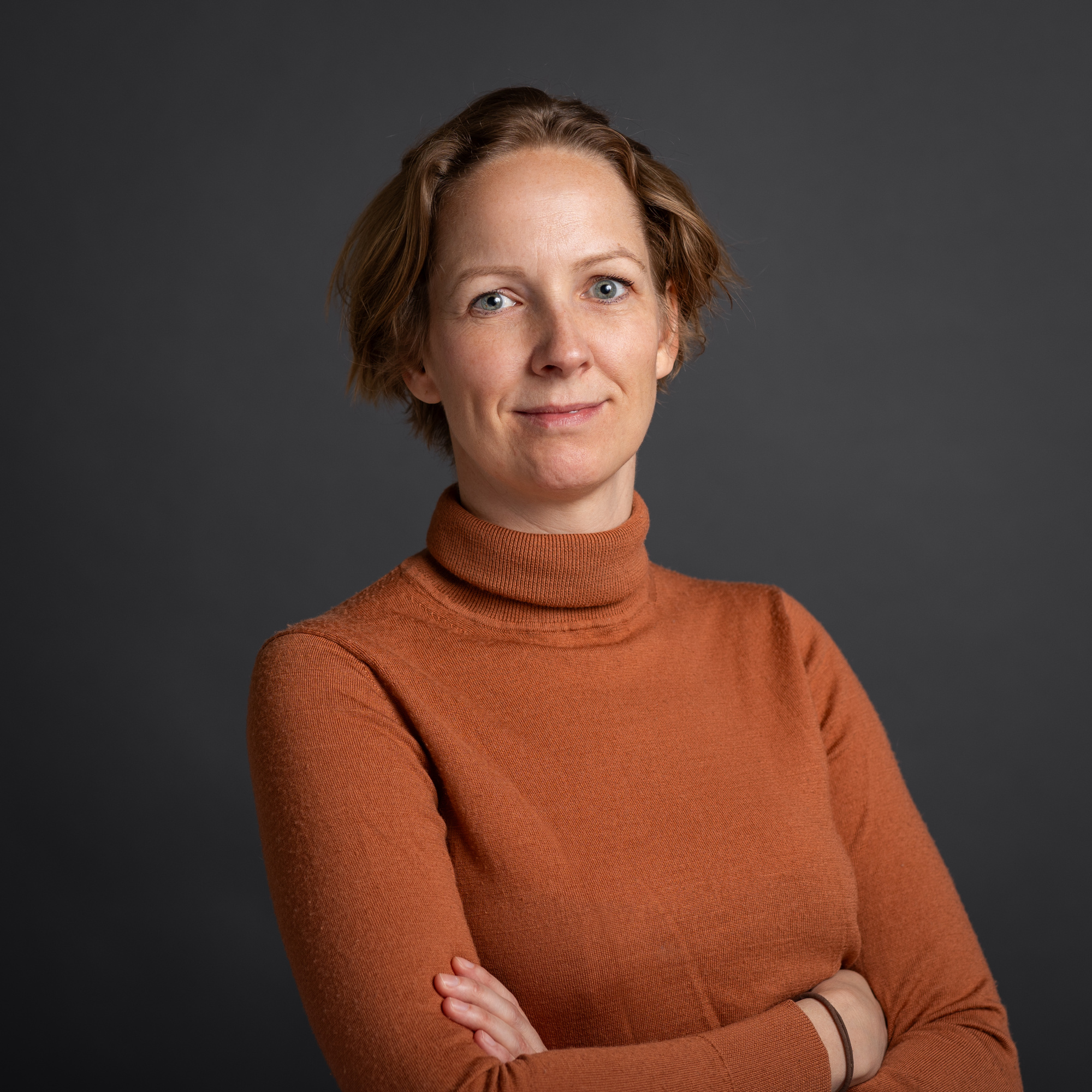Nieuws
ING Bank worked for Russian money laundering network
This puts the bank in a similar position to Deutsche Bank and Danske Bank, whose involvement in the network has previously been exposed. The German bank was fined over six hundred million dollars in 2017, and the scandal-ridden Danske Bank also had to weather the storm when its Estonian branch turned out to be connected to this network. ING’s involvement is now coming to light for the first time.
ING’s Polish subsidiary executed transactions for two Dutch bank clients: Schildershoven Finance BV and Tristane Capital BV. According to U.S. authorities, these two companies played a central role in illegally siphoning billions of dollars out of Russia. This is revealed in a secret document that is part of the FinCEN-Files, a global investigation of suspicious activity reports filed by American banks to the U.S. Financial Crimes Enforcement Network (FinCEN), other secret documents and dozens of interviews. The documents were obtained by Buzzfeed News and shared with the International Consortium of Investigative Journalists. In the Netherlands, a research team from Platform Investico, Trouw and Het Financieele Dagblad were part of the investigation.
Schildershoven and Tristane were engaged in ‘mirror trading’, according to the documents. Mirror trading is not inherently illegal, but is a technique which is often used to move criminal money from Russia to Western Europe. Through an opaque network of anonymous companies, shares or bonds are bought in rubles, then sold in dollars or euros immediately afterwards. This allows for rubles to be converted into western currency and for dirty money to be laundered, out of the sight of tax authorities or anti-money laundering inspectors.
Through ING Poland, the two security brokers paid at least six hundred million dollars to companies that were part of the mirror network. Additionally, between May and October 2014, Schildershoven transferred more than six hundred million dollars to Sofossini Holdings and Nantle Limited – two anonymous Cypriot companies set up by an intermediary who works for Ukrainian oligarchs, and who the Kiev Post has described as Igor Kolomoisky’s confidant. The payments were made from ING Poland to Privatbank in Latvia, a Ukrainian bank from which, according to U.S. prosecutors, Kolomoisky stole billions of dollars. Kolomoisky had a private army of twenty thousand men who fought in Eastern Ukraine, and funded for the presidential race of Volodymyr Zelenski, the current president of Ukraine. Neither Kolomoisky nor his confidant replied to our request for comment.
ING Bank not only made these payments, but also enabled the mirror trading companies to buy and sell bonds. In doing so, ING allowed possibly dirty money to flow from Russia into Western Europe without being checked. Banks still hardly pay any attention to this kind of securities transactions, our sources explain. ‘It’s a blind spot’, anti-money laundering expert Graham Barrow, who now advises banks, says. ‘Controls are almost non-existent’, adds an experienced anti-money laundering expert who worked at ING until last year and wishes to remain anonymous, ‘nobody is paying attention.’ Even regulators are uncertain as to who should supervise this particular kind of trade. Dutch regulatory body Authority for the Financial Markets assures us that responsibility for the supervision of security trading by banks lies with the Dutch Central Bank. The Dutch Central Bank however claims the exact opposite.
According to the New York police, there are very strong indications that in the case of the Moscow network to which Schildershoven and Tristane belong, the transactions were indeed illegal, because the payments do not serve a legitimate economic purpose. ‘The way these trades were conducted in combination with their scale and volume are highly suggestive of financial crime’, writes the British financial authority in a report.
FinCEN’s internal document reveals that at least part of the money from the network to which Schildershoven and Tristane belong ultimately ended up in the hands of criminal groups. Almost fifty million dollars were paid to the Khanani network, which laundered money for Hezbollah as well as Mexican and Colombian organized crime gangs. The mirror network has previously been linked to Igor Putin, president Putin’s first cousin, to Arkady and Boris Rotenberg, two oligarchs on the U.S. sanctions list, and to the FSB, the Russian secret service.
The two Dutch companies were managed by trust office BTS Services until 2015. BTS Services no longer has a license, and its owners now run financial services company Briddge. Briddge’s owner – who was also Schildershoven’s sole shareholder until 2018 – responded to our request for comment with the claim that his trust office complied with the regulations in force at that time. When asked whether the company investigated the origin of the funds, he said: ‘I am not in a position to comment on Schildershoven’s investigation into the origin of the money that was used to buy the bonds.’ Yet the Dutch Central Bank states that trust offices are indeed obliged to investigate the origin of the assets it deals in, and that this obligation has applied since 2013.

In response, the current director and shareholder of Schildershoven writes that the company has had new owners for two years, and so cannot comment on these accusations that relate to the company’s earlier work. The company says that its anti-money laundering standards are now up to date, but that in many cases it still does not investigate where money originates from. Neither Schildershoven’s former CEO nor Tristane Capital responded to our questions. ING says that it does not comment on individual clients.
Investico did however manage to speak to Pavel Dushin, former director and partner at Schildershoven. He says he doesn’t know where the money came from and who their customers were. ‘We didn’t need to know’, says Dushin, ‘because we worked without a license.’ So if Igor Putin or the Rotenbergs had wanted to convert their rubles into euros or pounds via Schildershoven, the company wouldn’t have known. When asked, Dutch regulatory body Authority for the Financial Markets says it is unclear whether companies like Schildershoven need a license. The supervisor does not answer the question of whether such companies need to investigate the origin of the money they trade with.
‘Every bank has to do very robust due diligence on these types of customers right from the start’, says anti-money laundering expert Graham Barrow. ‘If you can’t determine where the money is coming from, you shouldn’t accept the customer. And after the scandals at Deutsche and Danske came out, you certainly expect every bank to check its customer base,’ he says. ‘I would say: as a bank you would want nothing to do with this.’
Even though Deutsche Bank and Danske Bank have already cut ties with customers involved in the mirror trading network in 2014 and 2015, the two Dutch companies remained ING clients for years. According to Schildershoven’s current owner, the company was banking with ING in Poland until 2018. The account has by now been closed, but Tristane remained a client of ING for at least five years after the scandals came to light. In fact, Tristane’s bank account was still active last month. According to the annual reports, Tristane traded almost ten billion euros in the last five years.
When ING settled with the judicial authorities for 775 million dollars in 2018, it became clear that its anti-money laundering measures had been inadequate for years. The Public Prosecutor stated that the bank had done too little to investigate who its clients were and to detect dubious transactions. But this settlement only took ING Bank’s Dutch activities into account. ING has never been fined for any problems with its Polish subsidiary.
Correction: in an earlier version of this article we wrote that Kolomoisky’s army fought in Crimea. In fact, his army fought in Eastern Ukraine. This has been changed in the text.

